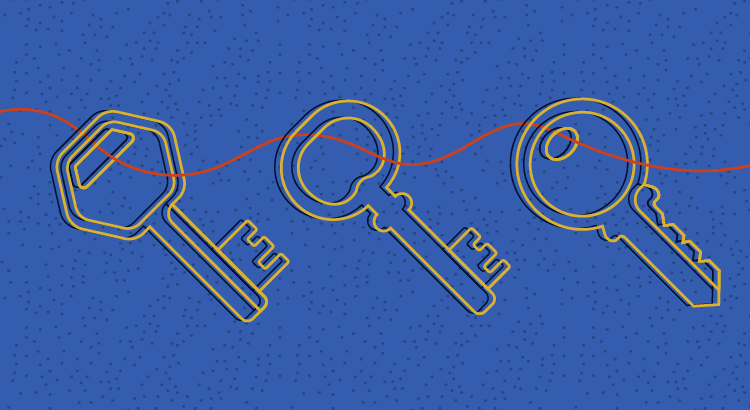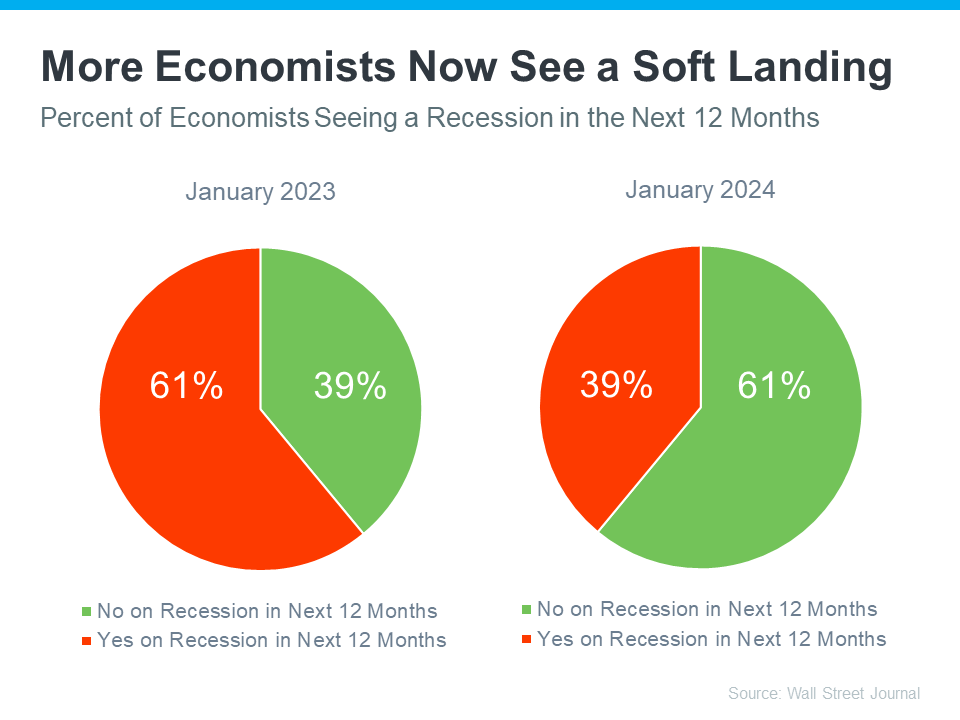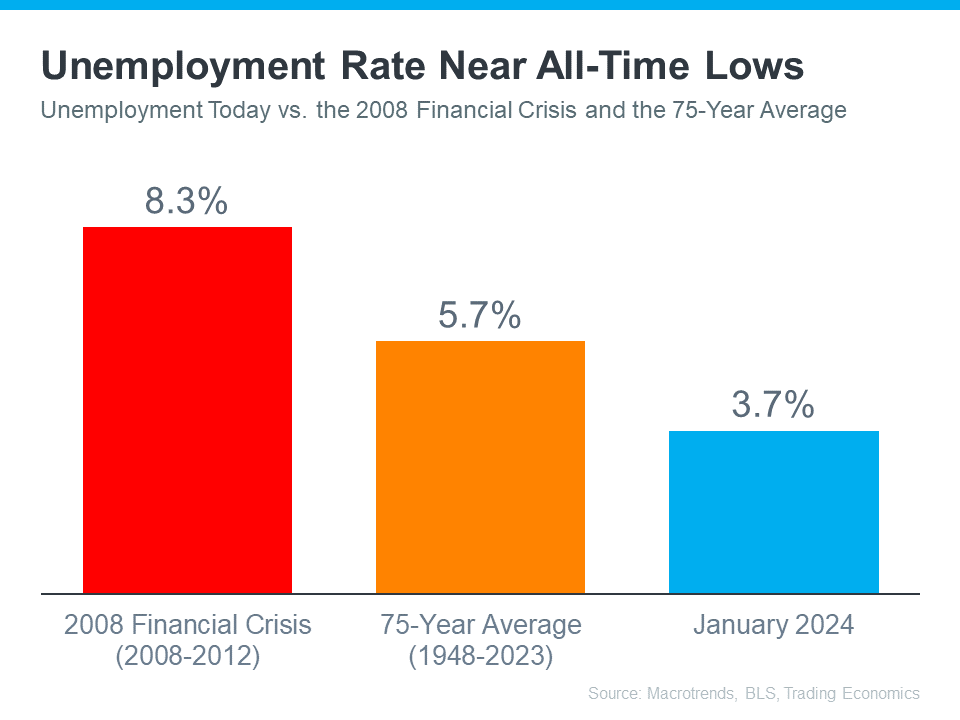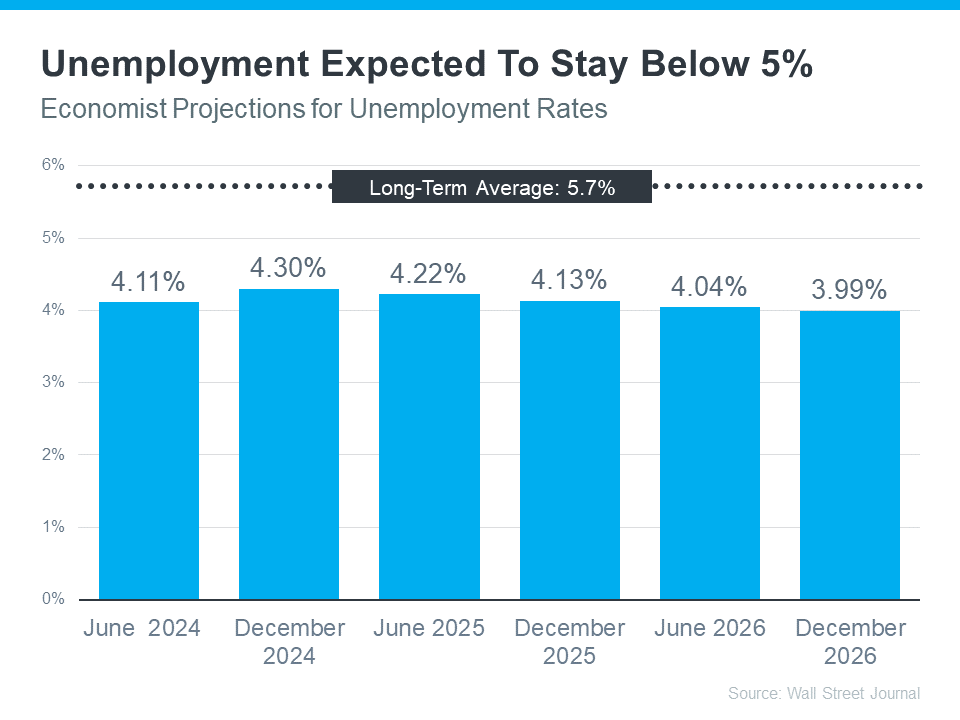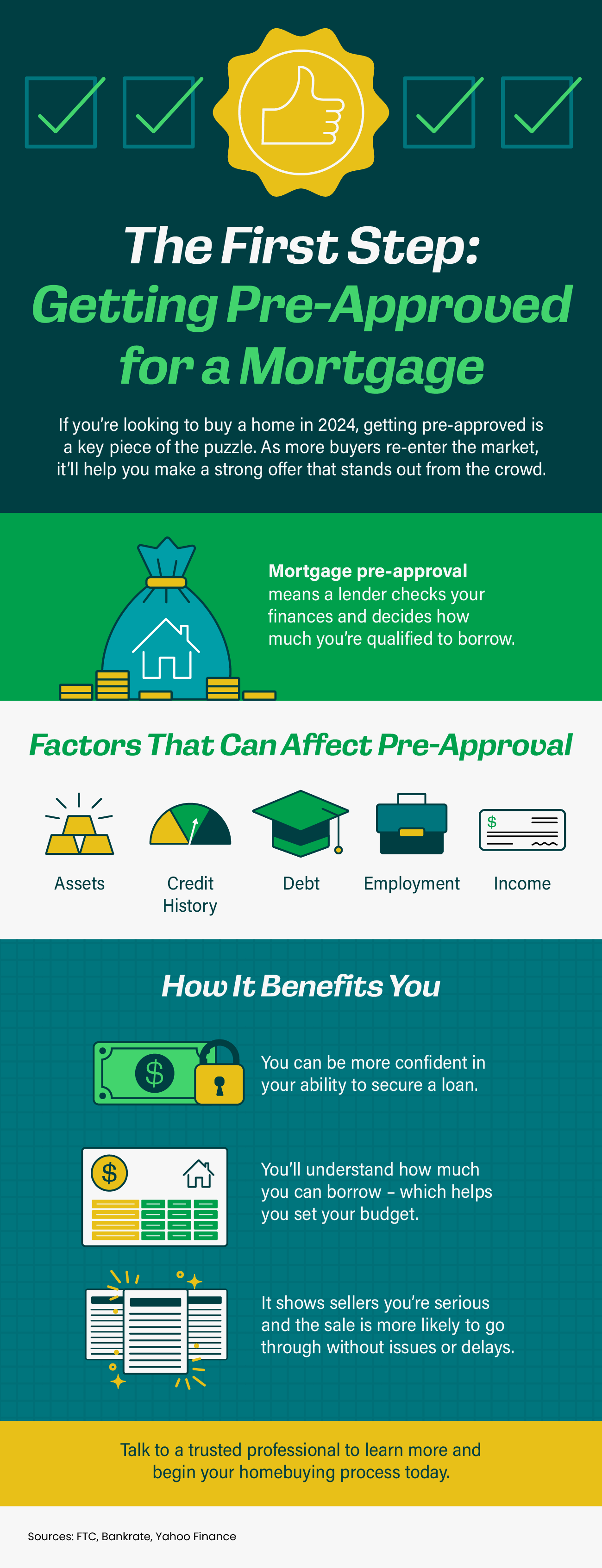
Embarking on a new chapter of your life by relocating to a different home can be an exciting yet daunting process. The key to ensuring a smooth and stress-free move lies in effective preparation and organization, of which a critical component is the pre-move purge. This process not only helps in decreasing the load but also in streamlining the entire moving experience. In this blog post, we delve into the essential art of decluttering, highlighting the four pivotal categories of items you need to consider letting go of before your move. By adhering to these guidelines, you can significantly enhance the efficiency of your transition, making it a more manageable and less cumbersome endeavor.
Forgotten Items In Storage: Evaluating What’s Worth Keeping
The first category of items that often hinder a seamless move involves those long-forgotten possessions tucked away in storage areas such as attics, basements, and garages. These spaces tend to accumulate things that were once deemed too valuable to discard but are rarely, if ever, used. The irony is that the emotional or financial value we attach to these items can diminish over time, yet they continue to occupy valuable space, complicating the moving process. The key to deciding what’s worth keeping lies in a thorough and honest evaluation. One effective method is to ask yourself if the item has been used or appreciated in the last year. If the answer is no, it’s likely that it won’t be missed once it’s gone. Further, consider if the item holds any practical use in your future home or if it’s merely holding onto memories that can be preserved in other, less space-consuming ways.
Creating an inventory of these items can also streamline the decision process. Documenting each item forces you to assess its presence in your life critically. Is it something that can be replaced if absolutely necessary, or is it irreplaceable yet unused? For items of sentimental value, think about digitizing them if possible. Photos of children’s artwork, for instance, can be kept infinitely in digital form without taking up physical space. For everything else, consider the cost—both in terms of monetary value and the space it occupies—against its actual utility and sentimental worth. Items that do not make the cut should be sold, donated, or recycled whenever possible, setting a standard for a clutter-free move. Transitioning to a new living space offers a unique opportunity to reassess what belongings truly add value to your life and to let go of the rest, ensuring a smoother and more efficient moving process.
By meticulously evaluating each item’s worth, you make room for a new chapter in your life that isn’t weighed down by the past. This not only facilitates a smoother move but also fosters a minimalist approach that can lead to a more organized and serene living environment. Remember, the goal is to transition to your new home with belongings that complement your current lifestyle and aspirations, not those that tether you to outdated sentiments or clutter.
Unnecessary Clutter: Identifying And Discarding
When embarking on the journey of moving, one of the first steps to ensure a fluid process is to identify and discard unnecessary clutter. This exercise is not merely about reducing the volume of items to be moved; it is about making a conscious choice to let go of things that no longer serve a purpose or bring joy into your life. The key to this endeavor is to adopt a methodical approach by categorizing items into what is essential, what can be donated, what can be sold, and what should be recycled or disposed of. This not only simplifies the moving process but also sets the stage for a more organized and serene environment in your new abode.
The task of decluttering can often seem overwhelming, yet breaking it down into manageable sections can facilitate a more efficient process. Begin with areas that commonly accumulate the most unnecessary items, such as closets, storage rooms, and garages. By tackling one category at a time, such as clothes followed by books, and then electronic gadgets, it becomes easier to make decisive judgments on what truly merits a place in your life and moving boxes. Engaging in this purge well ahead of your move date alleviates the pressure and allows for a more thoughtful and deliberate selection of what accompanies you to your new home. Furthermore, the act of decluttering can be incredibly liberating, as it not only frees up physical space but also fosters a sense of psychological release, paving the way for new beginnings.
Bulky Furniture: Deciding Between Moving And Selling
When tackling the challenge of a move, one of the most significant decisions you’ll face involves your bulky furniture. These pieces, often the most cherished or expensive items in our homes, can add considerably to moving costs and logistics complications. The choice between moving and selling such items necessitates a careful evaluation of several factors. First, consider the sentimental and monetary value of each piece against the cost and effort required to transport it. Antique furnishings or heirloom pieces with emotional value might be irreplaceable, justifying the extra expense. Conversely, items easily replaceable or not fitting the new home’s aesthetic might be better sold or donated.
The dimensions and layout of your new home play a crucial role in this decision-making process. Bulky furniture that served you well in your current space may not be as functional or aesthetically pleasing in a new environment with different dimensions or a divergent style. Before making a decision, measure doorways, staircases, and rooms in your new home to ensure large items can be moved in and will fit in the designated spaces. Selling bulky items that won’t fit or complement your new space can not only simplify your moving process but also contribute financially to purchasing replacements more suited to your new surroundings. This not only eases the physical and financial strain of moving but also offers an exciting opportunity to refresh your living space’s design and functionality.
Duplicate Household Items: Streamlining For Efficiency
One of the foremost categories to address during a pre-move purge is the assortment of duplicate household items cluttering your living spaces. Oftentimes, these redundancies accumulate unnoticeably over the years—resulting in multiple sets of kitchen utensils, a plethora of identical linens, or even several versions of the same electronic device. The rationale for retaining these duplicates varies, from holding onto them as backups to simply not recognizing their excessive presence. However, when preparing for a move, streamlining your belongings becomes crucial. Eliminating these duplicates can significantly reduce the volume of items needing transport, thereby not only lowering moving costs but also minimizing the unpacking challenges at your new residence. Moreover, this streamlining process presents an ideal opportunity to reassess the utility of each item, ensuring that only those of genuine value or necessity accompany you, thereby enhancing the efficiency of your living space.
To effectively purge these duplicate items, start by grouping similar items together to fully assess what you have. This visibility often highlights the extent of the redundancy and can be a motivating factor in the decision-making process. When evaluating these items, consider their condition, frequency of use, and sentimental value. Items in good condition that are no longer needed can be sold or donated, offering a way to declutter responsibly. By focusing on quality over quantity, you can retain the most beneficial and beloved items while leaving behind the excess. This not only simplifies the packing and moving process but also paves the way for a more organized and streamlined setup in your new home. Prioritizing efficiency in this way not only aids in the physical relocation but also contributes to a mental unburdening, making the move a more enjoyable and less stressful experience.
Boxes of paper Items
In the milieu of packing and sorting through belongings, boxes of paper items often go underestimated in their ability to complicate a move. These can include old bills, receipts, personal letters, greeting cards, manuals, and even outdated paperwork that no longer serves a purpose. The sentimentality attached to personal letters and cards can make them challenging to part with; however, digitizing these items can preserve the memories without the physical clutter. For the rest of the paper clutter, a discerning look to differentiate between what’s crucial and what’s expendable is essential. Important documents should be neatly organized and stored in clearly labeled folders. In contrast, unnecessary paper clutter—a notorious space-eater and weight-adder to moving boxes—should be responsibly recycled or shredded. This not only streamlines the moving process but also sets a precedent for a more organized and clutter-free environment in the new space.
Adopting a systematic approach to decluttering paper items can yield significant benefits. Start by setting aside a dedicated time to go through each paper-related item thoroughly. Divide them into categories such as ‘Keep,’ ‘Shred,’ and ‘Recycle.’ For sensitive documents, ensuring proper disposal through shredding is paramount to prevent identity theft or information leakage. Utilizing apps and cloud storage for documents that can be digitized not only frees physical space but also ensures easy access to important documents at any time and from anywhere. This methodical purge of paper items decreases the volume of belongings to be moved and can significantly reduce moving costs. It’s a step towards a minimalist lifestyle, encouraging one to evaluate the necessity of physical possessions and the transient nature of paper-based clutter. By letting go of the excess, individuals can embrace a smoother transition to their new home, making the move less about the baggage of the past and more about the excitement for the future.
Clothing you haven’t worn lately
When considering a move, a pivotal area to focus on is your wardrobe. Clothing can easily accumulate over years, leading to clutter and excess that only complicates the packing process. It’s imperative to take a discerning eye to your clothes, identifying items that haven’t been worn in the last year. The rationale behind this is straightforward; if you haven’t found an occasion for an item within this timeframe, it’s unlikely you will in the future. This process not only helps in reducing the volume of belongings to move but also in decluttering your life and making room for items that truly add value.
Moreover, this purge serves a dual purpose. On one hand, it streamlines the moving process by lightening your load, potentially saving on moving costs and reducing the time and energy required to pack and unpack. On the other hand, it brings forth an opportunity for generosity. Clothing in good condition that no longer serves you can find new life with someone in need. Donating such items to charity or giving them to friends not only aids in your moving process but also contributes positively to your community and environment by promoting the reuse of goods. Thus, embarking on a pre-move purge of your wardrobe stands as a crucial step towards a smoother, more efficient move and a conscientious way to make a positive impact.
In conclusion, embarking on a pre-move purge by thoughtfully assessing and letting go of items such as long-forgotten storage artifacts, unnecessary clutter, bulky furniture, duplicate household essentials, piles of paper, and unworn clothing, not only paves the way for a smoother relocation but fosters a sense of clarity and efficiency. By carefully evaluating what truly deserves a place in your new home, you not only lighten your logistical load but also embrace a fresh start with possessions that genuinely enhance your living space. Remember, a successful move isn’t just about transporting items from point A to point B, but about transitioning to a more streamlined and thoughtful lifestyle.
[font=”Abeezee”]One of the foremost categories to address during a pre-move purge is the assortment of duplicate household items cluttering your living spaces. Oftentimes, these redundancies accumulate unnoticeably over the years—resulting in multiple sets of kitchen utensils, a plethora of identical linens, or even several versions of the same electronic device. The rationale for retaining these duplicates varies, from holding onto them as backups to simply not recognizing their excessive presence. However, when preparing for a move, streamlining your belongings becomes crucial. Eliminating these duplicates can significantly reduce the volume of items needing transport, thereby not only lowering moving costs but also minimizing the unpacking challenges at your new residence. Moreover, this streamlining process presents an ideal opportunity to reassess the utility of each item, ensuring that only those of genuine value or necessity accompany you, thereby enhancing the efficiency of your living space.[/font]
[font=”Abeezee”]To effectively purge these duplicate items, start by grouping similar items together to fully assess what you have. This visibility often highlights the extent of the redundancy and can be a motivating factor in the decision-making process. When evaluating these items, consider their condition, frequency of use, and sentimental value. Items in good condition that are no longer needed can be sold or donated, offering a way to declutter responsibly. By focusing on quality over quantity, you can retain the most beneficial and beloved items while leaving behind the excess. This not only simplifies the packing and moving process but also paves the way for a more organized and streamlined setup in your new home. Prioritizing efficiency in this way not only aids in the physical relocation but also contributes to a mental unburdening, making the move a more enjoyable and less stressful experience.[/font]
[h2][b][font=”Abeezee”]Boxes of paper Items[/font][/b][/h2]
[font=”Abeezee”]In the milieu of packing and sorting through belongings, boxes of paper items often go underestimated in their ability to complicate a move. These can include old bills, receipts, personal letters, greeting cards, manuals, and even outdated paperwork that no longer serves a purpose. The sentimentality attached to personal letters and cards can make them challenging to part with; however, digitizing these items can preserve the memories without the physical clutter. For the rest of the paper clutter, a discerning look to differentiate between what’s crucial and what’s expendable is essential. Important documents should be neatly organized and stored in clearly labeled folders. In contrast, unnecessary paper clutter—a notorious space-eater and weight-adder to moving boxes—should be responsibly recycled or shredded. This not only streamlines the moving process but also sets a precedent for a more organized and clutter-free environment in the new space.[/font]
[font=”Abeezee”]Adopting a systematic approach to decluttering paper items can yield significant benefits. Start by setting aside a dedicated time to go through each paper-related item thoroughly. Divide them into categories such as ‘Keep,’ ‘Shred,’ and ‘Recycle.’ For sensitive documents, ensuring proper disposal through shredding is paramount to prevent identity theft or information leakage. Utilizing apps and cloud storage for documents that can be digitized not only frees physical space but also ensures easy access to important documents at any time and from anywhere. This methodical purge of paper items decreases the volume of belongings to be moved and can significantly reduce moving costs. It’s a step towards a minimalist lifestyle, encouraging one to evaluate the necessity of physical possessions and the transient nature of paper-based clutter. By letting go of the excess, individuals can embrace a smoother transition to their new home, making the move less about the baggage of the past and more about the excitement for the future.[/font]
[h2][b][font=”Abeezee”]Clothing you haven’t worn lately [/font][/b][/h2]
[font=”Abeezee”]When considering a move, a pivotal area to focus on is your wardrobe. Clothing can easily accumulate over years, leading to clutter and excess that only complicates the packing process. It’s imperative to take a discerning eye to your clothes, identifying items that haven’t been worn in the last year. The rationale behind this is straightforward; if you haven’t found an occasion for an item within this timeframe, it’s unlikely you will in the future. This process not only helps in reducing the volume of belongings to move but also in decluttering your life and making room for items that truly add value.[/font]
[font=”Abeezee”]Moreover, this purge serves a dual purpose. On one hand, it streamlines the moving process by lightening your load, potentially saving on moving costs and reducing the time and energy required to pack and unpack. On the other hand, it brings forth an opportunity for generosity. Clothing in good condition that no longer serves you can find new life with someone in need. Donating such items to charity or giving them to friends not only aids in your moving process but also contributes positively to your community and environment by promoting the reuse of goods. Thus, embarking on a pre-move purge of your wardrobe stands as a crucial step towards a smoother, more efficient move and a conscientious way to make a positive impact.[/font]
[font=”Abeezee”]In conclusion, embarking on a pre-move purge by thoughtfully assessing and letting go of items such as long-forgotten storage artifacts, unnecessary clutter, bulky furniture, duplicate household essentials, piles of paper, and unworn clothing, not only paves the way for a smoother relocation but fosters a sense of clarity and efficiency. By carefully evaluating what truly deserves a place in your new home, you not only lighten your logistical load but also embrace a fresh start with possessions that genuinely enhance your living space. Remember, a successful move isn’t just about transporting items from point A to point B, but about transitioning to a more streamlined and thoughtful lifestyle.[/font]




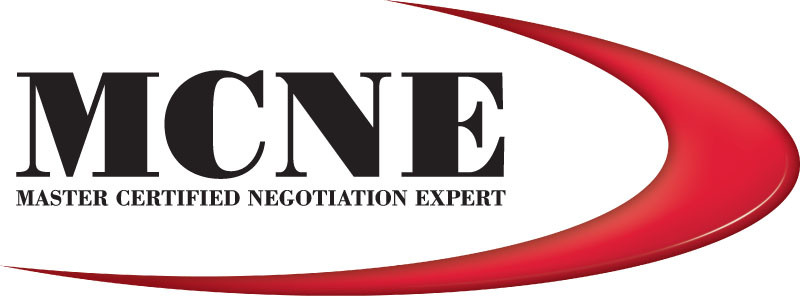







 11 Must-Do Actions To Ensure A Smooth Transition Into Your New Residence
11 Must-Do Actions To Ensure A Smooth Transition Into Your New Residence